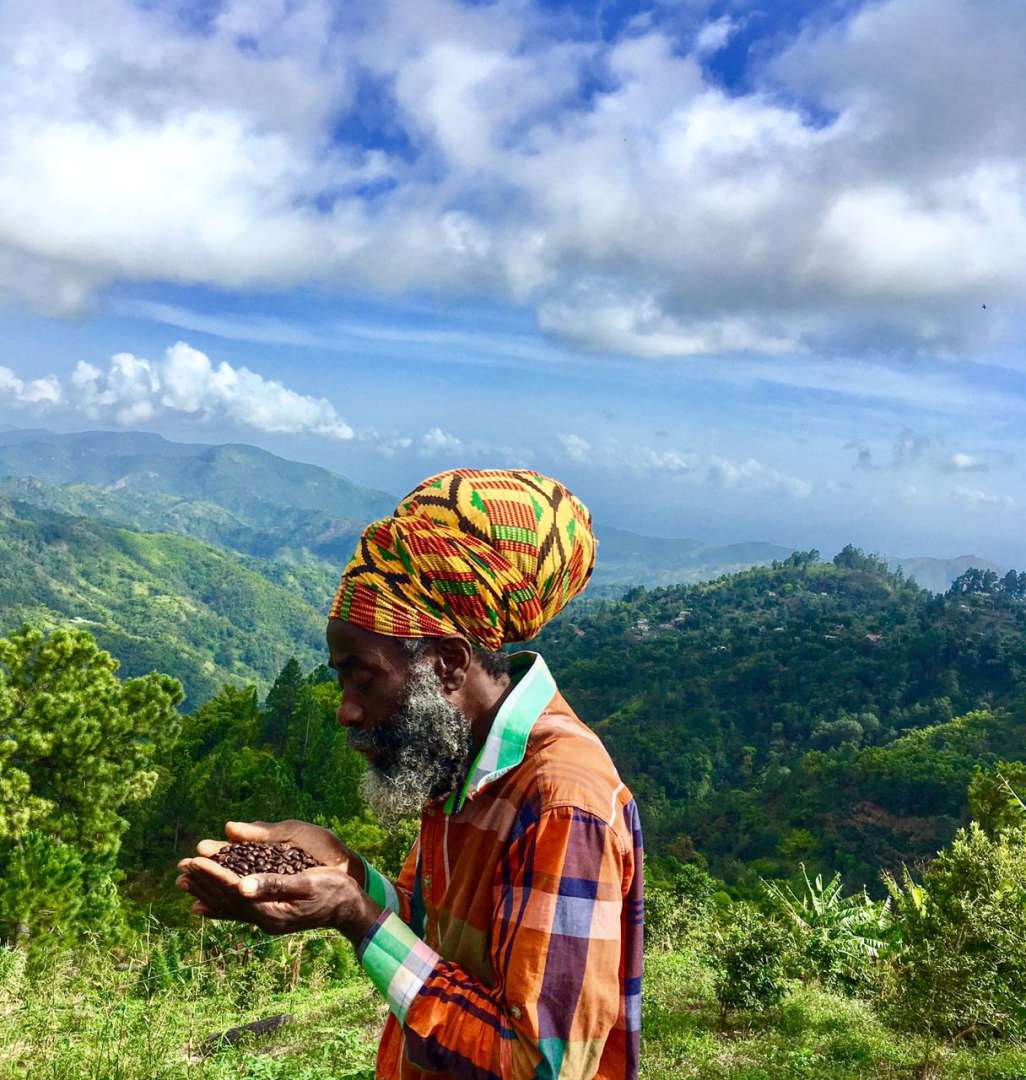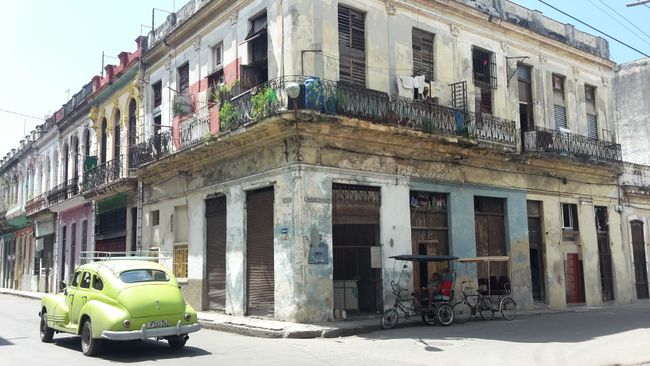
traveln-in-southamerika
vakantio.de/traveln-in-southamerika
Cuba, Fidel & Che
Wotae: 24.09.2017
Wɔ Nudɔdɔ na Nyadzɔdzɔgbalẽ
Unfortunately, my blog ends prematurely with our last destination that we visit in Central America. In Cuba, it is not easy to go online due to the political situation. Nowadays, you can connect to the internet in public places or large hotels using a card that contains a code and password, but even then the internet doesn't always work and it is expensive. Since the internet has only been available to the general population since 2015, everything is still under construction. However, we are enjoying the internet-free time now. So don't worry if we are only reachable occasionally.
But we can definitely say this: Cuba is a beautiful country and the people are once again very warm, helpful, and cheerful, just like we experienced in the other Spanish-speaking countries.
Havana has definitely captivated us from the beginning. The colorful streets, clothes, and cars, beautiful buildings reminiscent of the colonial era, and the ubiquitous history of the capital make Havana a special holiday destination. This country is truly incomparable.
The clichés are also fulfilled here 100 percent. There are lively cafes with loud music boxes and street musicians who encourage not only locals but also foreigners to little dance performances with their Cuban sounds. And of course, cigars are smoked and the world-famous rum is consumed. We have to say, however, that a lot of alcohol is consumed here. However, we also wouldn't know what to do if we had to live here.
That's why we must not forget the other side of Cuba. Due to the embargo, Cubans have to endure many restrictions. It is not only the different currencies for tourists and locals that take some getting used to - although this has been somewhat relaxed - but the food in state-owned restaurants is quite monotonous. There is rice or pasta with beans and meat. We haven't found much more variety when shopping either. You can get fruit relatively easily from some street vendors. However, when it comes to vegetables, you can consider yourself lucky if you find fresh tomatoes, cucumbers, or beans. The rest is only available in cans for a high price. Sometimes it feels like there is something like yogurt or milk available, and then long queues form at supermarkets. This is how we imagine the former GDR. When we traveled to Trinidad - further into the country - David and Basti went through an odyssey. Since it is even more difficult to get food in rural areas, such a shopping trip can take hours and you have to take what you can get. In the living rooms of the locals, you buy olives from one person and rice from the next. Not every street vendor has everything either.
It is much better to eat in the accommodations. The landlords make a lot of effort and sometimes even offer lobster.
And so the people here are very happy about souvenirs like small shower gels or other personal care products because they normally can't get hold of such things. Clothing is also popular.
We are very excited about the adventures that we will still experience here in our last weeks.
It is hard to believe that our six months will soon be over. We were still in Peru and now we are on the plane back home on September 24th. We are very much looking forward to being with our family and friends again and to having life at home be a little more orderly. Nevertheless, this trip was an unforgettable experience with all the difficulties we encountered, the people we had the pleasure of meeting, the visits from our family and friends, and of course the unique nature.
Thank you to EVERYONE who has always followed our blog and SEE YOU SOON!
Pura Vida!
David and Sofia
Wɔ Nudɔdɔ na Nyadzɔdzɔgbalẽ
Ŋuɖoɖo

